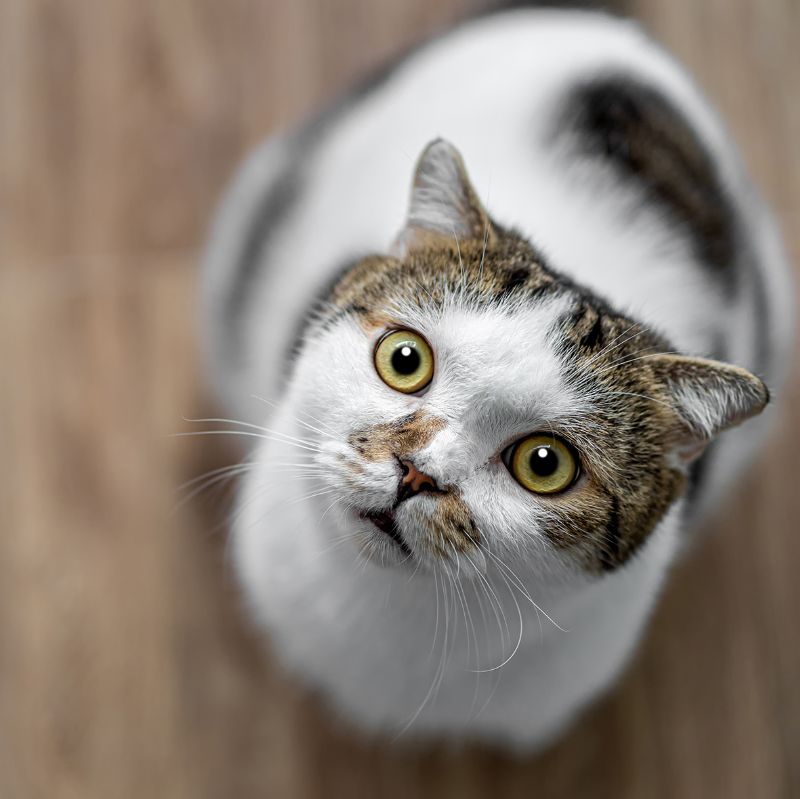- Home
- News, Articles & Reviews
We are hiring! Please click here to join our growing magazine delivery team in Gloucestershire!
Areas
Pets & Wildlife
Archive

The cat who couldn’t pee
All Areas > Pets & Wildlife > Pet Care
Author: Oliver Wilkinson, Posted: Wednesday, 23rd June 2021, 08:00
Male cats can be prone to a very painful and potentially life-threatening condition where their urethra (the tube that runs outwards from the bladder) gets blocked by uroliths (‘stones’ that form in the bladder), resulting in an inability to pass urine.
The male cat might be seen crying as it tries to pass urine and quickly becomes very distressed. If left untreated it can result in damage to the kidneys, cause the bladder to rupture, and ultimately can sadly kill the cat.
Usually, we can treat this condition by passing a urinary catheter and flushing the small stones back into the bladder. Special diet food can change the pH of the urine and encourage the stones to dissolve.
Unfortunately, for some cats it becomes a recurring problem that is both distressing for the cat and potentially very expensive for the owner.
The reason we rarely see this problem in female cats is that the urethra is the same diameter all the way along, from where it starts in the bladder to where it exits. So if a stone is small enough to get into the female urethra, generally it can be passed out. In male cats the urethra gets very narrow right as it exits the body through the male genitalia.
Surgery may be required in rare cases
In rare cases where a male cat repeatedly gets blocked, a surgical procedure can be performed to create an opening (stoma) just before the point at which the urethra gets narrowed. For the male cat this means a fairly drastic procedure to remove the last section of urethra – i.e. the cat’s penis.
For those of you that are still reading at this point, this is the operation I had to perform recently on a cat whose owners had feared they would have to have him euthanised due to recurring blockages and distress. It is very tricky and delicate surgery and generally we only perform it when all other treatment options fail. But, if successful, it means it is very unlikely that the cat will ever suffer a blockage again.
Fortunately, my patient has done very well and the owners report not only an excellent stream of urine but a look of relief on his face that suggests he is quite reconciled with the outcome!Copyright © 2025 The Local Answer Limited.
Unauthorized use and/or duplication of this material without express and written permission from this site's author and/or owner is strictly prohibited. Excerpts and links may be used, provided that full and clear credit is given to The Local Answer Limited and thelocalanswer.co.uk with appropriate and specific direction to the original content.More articles you may be interested in...


© 2025 The Local Answer Limited - Registered in England and Wales - Company No. 06929408
Unit H, Churchill Industrial Estate, Churchill Road, Leckhampton, Cheltenham, GL53 7EG - VAT Registration No. 975613000You are leaving the TLA website...
You are now leaving the TLA website and are going to a website that is not operated by us. The Local Answer are not responsible for the content or availability of linked sites, and cannot accept liability if the linked site has been compromised and contains unsuitable images or other content. If you wish to proceed, please click the "Continue" button below:




